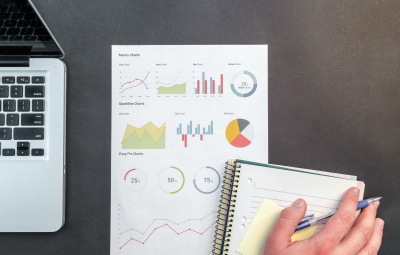Today is being celebrated as Statistics Day in many countries, indeed it is recognised as European Statistics Day in the EU. I know there are other Statistics Days in other parts of the world – e.g., African Statistics Day on 18 November. I will be celebrating the day by speaking today at two conferences – one in Malaysia and one in Sweden (the benefits of virtual conferences!).
Statistics Day hopefully gives each of us time to reflect on the place of statistics in the world, and our own contribution to advancing the science.

The EU is celebrating today with a focus on ‘Statistics, a vaccine to protect democracy and combat the virus of disinformation’. There are many ways in which this is true.
The current situation, with the pandemic still taking its toll in most countries, has highlighted the importance of good statistical evidence as the basis for policy decisions. At no time has the value of statistics been more keenly felt than now. Globally we have seen a pandemic unprecedented in our lifetimes. And statisticians have risen to the challenge, and shown the value to society of what we do.
So how do we build on this for the future? It’s important now, that the challenges that we have faced as statisticians and the barriers that we have overcome, that have placed statistics at the centre of decision making, become an opportunity to be consolidated: that will enable our profession to be advanced and have more influence in future decision making. That will give us thought for the future.
Beyond that we have the EU statement of ‘Statistics, a vaccine to protect democracy and combat the virus of disinformation’. True in so many ways, but I especially want to underline the importance of statistical information earning the trust of the population, by being independent of political influence. The ISI has needed to make recent statements on this in respect of two countries – Greece and Fiji. These are not actions we take lightly, and always after due consideration and consultation.
Our concern is that governments do not always pay the attention that they might to Principle 2 of the UN Fundamental Principles of Official Statistics. This requires them to ‘retain trust in official statistics, (by deciding) according to strictly professional considerations, including scientific principles and professional ethics, on the methods and procedures for the collection, processing, storage and presentation of statistical data.’
We will call this out, where we need to.
Statistics truly are the vaccines that protect our democracy, and it is for all of us help administer the dose.





